Boredom and Creativity
When is the last time you were bored? And, what did you do about it? Day dream? Leisurely observe the world? Or, like most of us, fill your time with a structured activity? Recent studies on boredom and creativity suggest that boredom can actually enhance creativity. Scholars have found the boredom we experience during passive activities (like listening to a speech) motivates people to seek out new and rewarding activities.
That boredom spawns imagination and playfulness, and heightens observation skills is not the sole product of contemporary social science research. Philosopher Søren Kierkegaard wrote about the power of boredom nearly 175 years ago. Kiekegaard believed those who could entertain themselves were the “chosen ones,” making individual resourcefulness a well spring of creativity.
The more a person limits himself, the more resourceful he becomes. A solitary prisoner for life is extremely resourceful; to him a spider can be a source of great amusement. What a meticulous observer one becomes, detecting every little sound or movement. — Søren Kierkegaard, Either/Or (1843)
One way to alleviate boredom and spark creativity is to play. Scholars study playfulness as a field of academic study. Indeed, the correlation between play and creativity is so strong that researchers have identified constructs associated with playfulness, which include humor, imagination, instrumentality, expressiveness, spontaneity, curiosity and independence. Psychologists have even created an adult playfulness scale to measure the impact of playfulness in our lives.

Sometimes we get our best ideas when we are bored and spontaneously start to play. Can you find the butterfly?
Though playful people can feel bored, more often than not playfulness ignites our imaginations. Creative play is usually the result of unstructured time and fueled by intrinsic motivation. Extrinsic motivation, such as promised rewards, often inhibits exploration and imagination, especially for kids. Researchers have found an inverse correlation between those prizes and stickers kids bring home from school and creativity.
Using one’s own power of observation trumps being observed. Children who are constantly assessed tend to take less risks and fear making mistakes. Kids and adults often fall into the conformity trap of finding the “right answer” instead of providing their own wild, darling and practical solutions based on fearless curiosity.
Over scheduling produces overstimulation, a common characteristic of lives packed to the gills with organized activities, and denies us the boredom we may need to ignite our imaginations and fantasies — the stuff of creativity. The day dreaming and just “doing nothing” we associate with boredom often create the perfect environment to produce our best ideas.
Julie Fisher, an early childhood educator in the UK, agrees. In the latest edition of her book, Starting from the Child (2013), she urges parents and educators alike to “give children the opportunity to develop their own creative voice and imagination.” While boredom is not a prerequisite for creative play, Fisher believes that adult-initiated structured play is a real creativity killer.
So next time you are bored, forget the television, ballet class or athletic event. Go play.

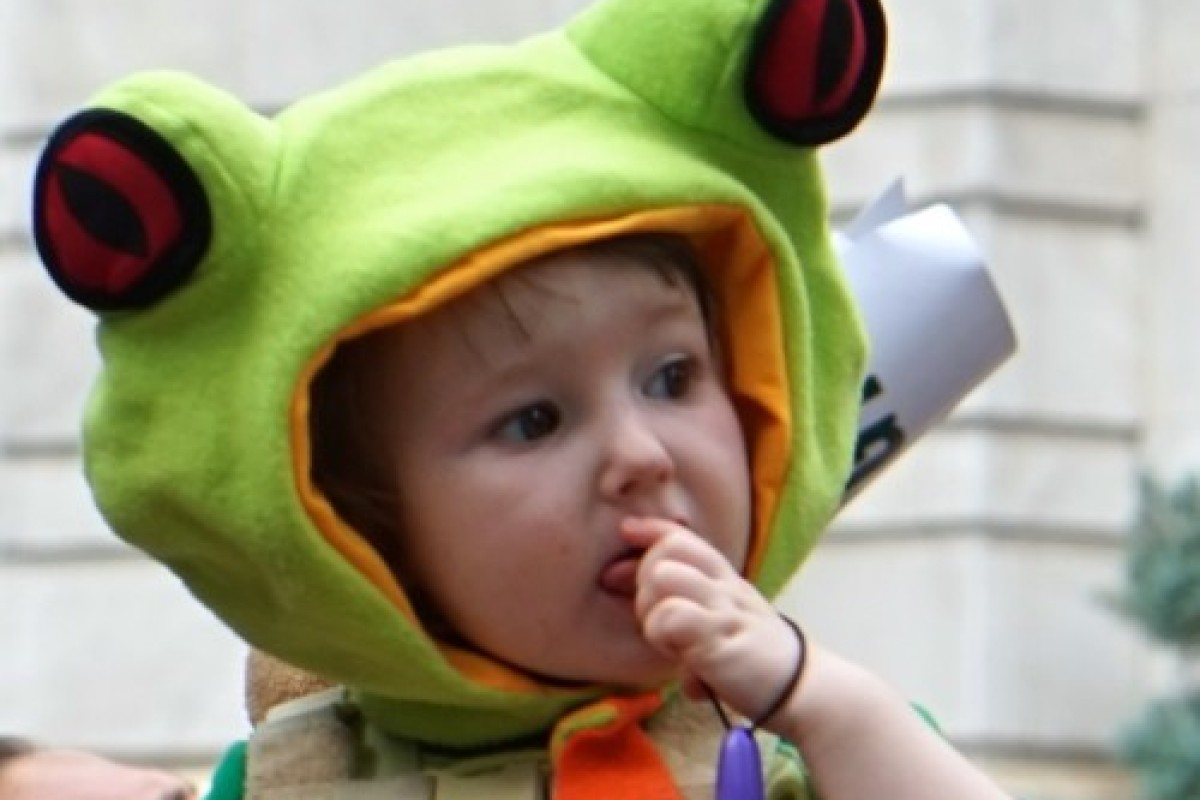

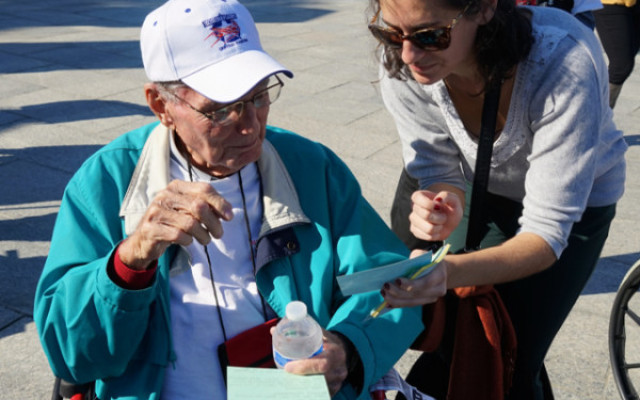



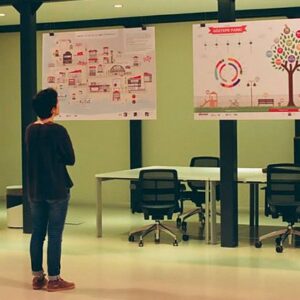


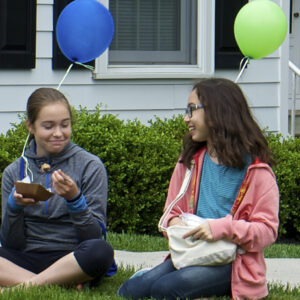

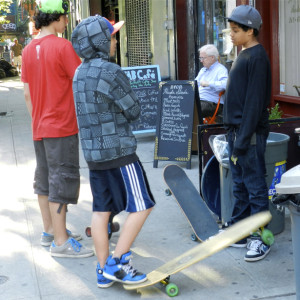
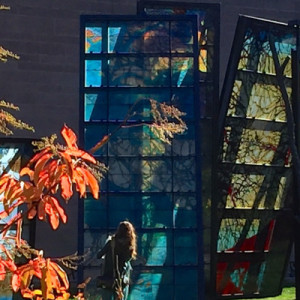
No Comments Yet!
You can be first to comment this post!